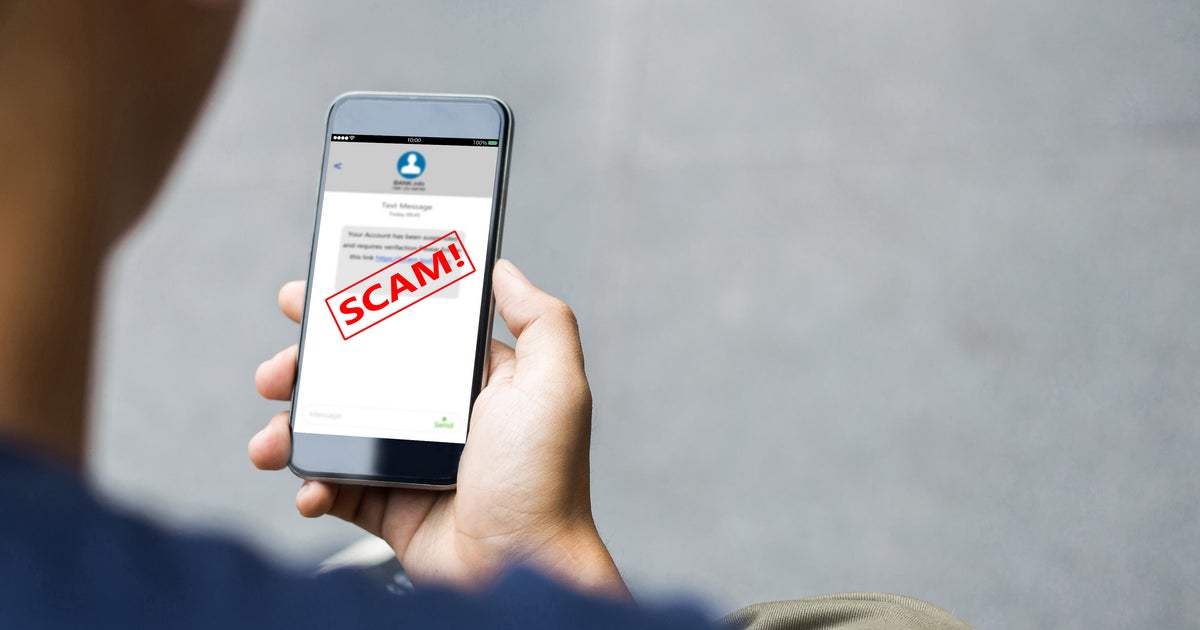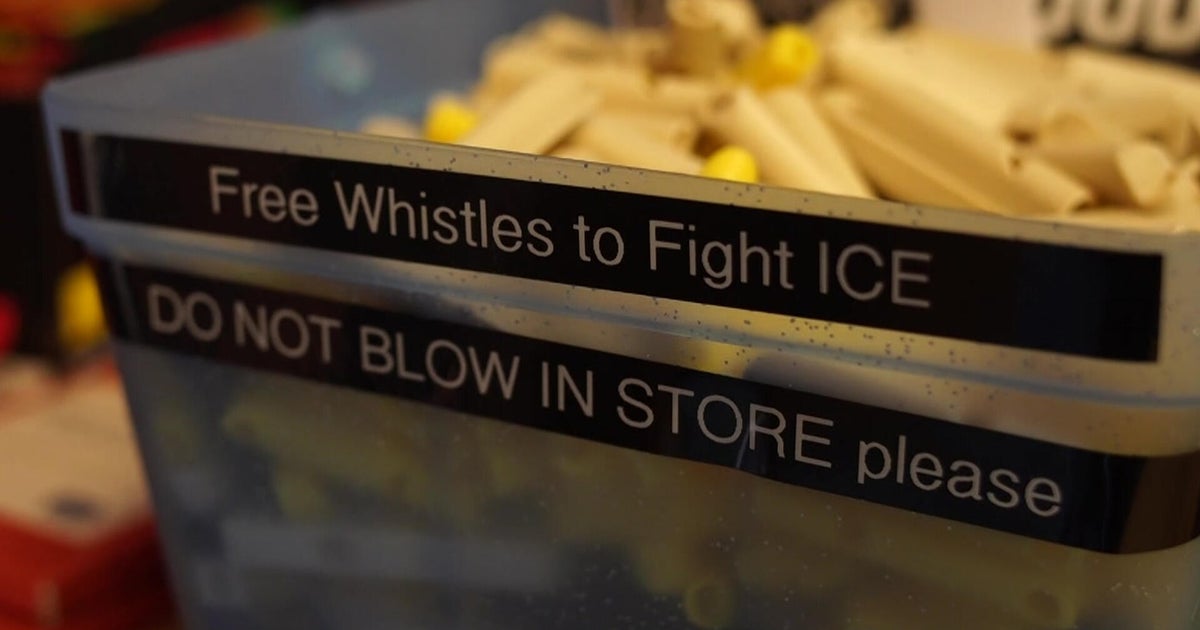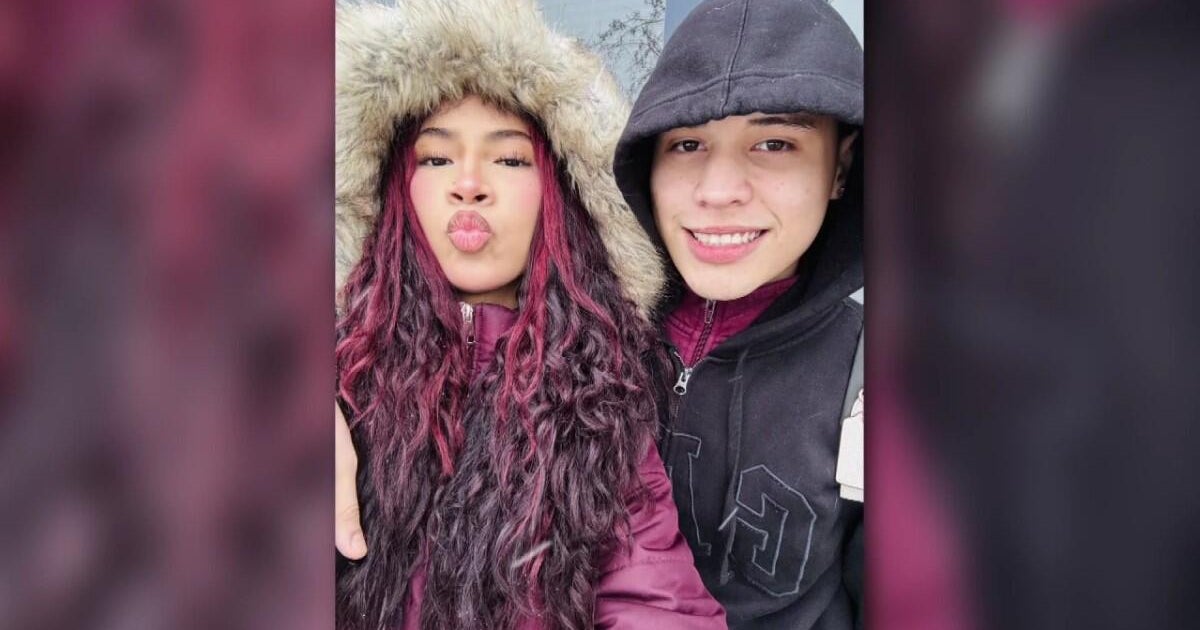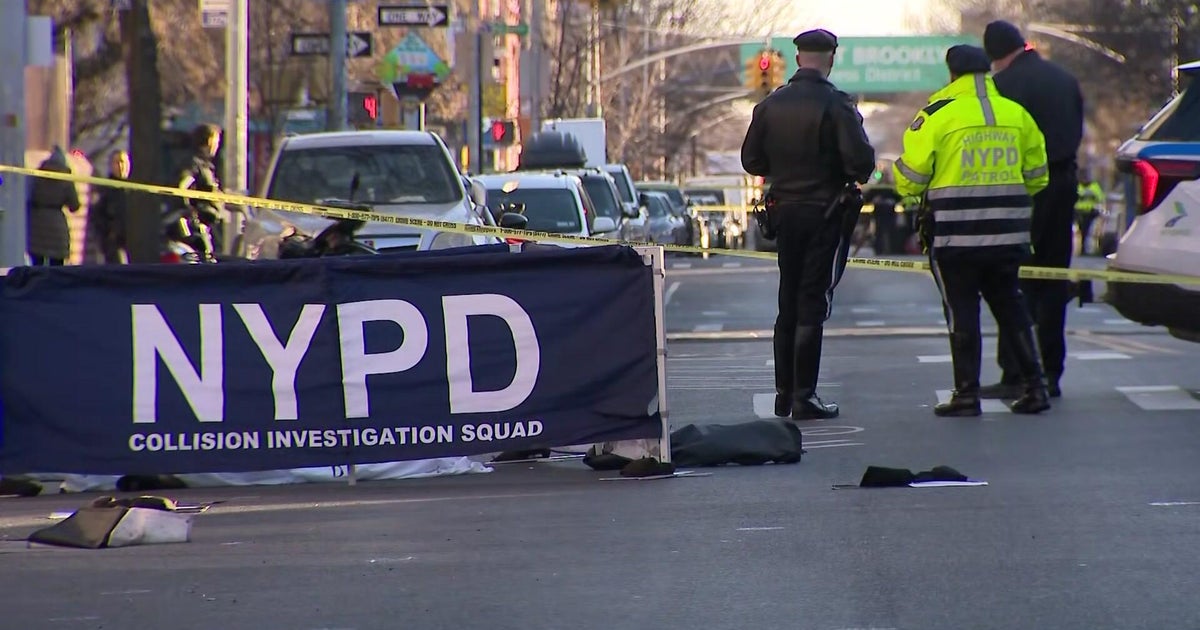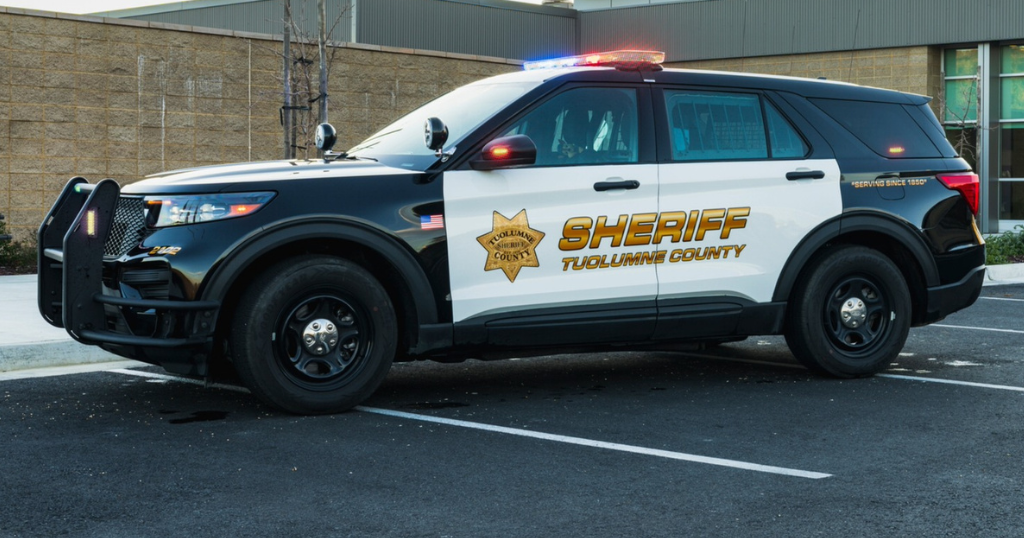Man ripped off for thousands in check-washing scam; bank's response seemed to blame victim
CHICAGO (CBS) -- We cover many stories involving scams, but this one has a new twist we have not seen before.
A man mailed a check – and the bad guys stole it and ripped him off for thousands. But it was the bank's response that had us scratching our heads – as they basically blamed the victim.
Restaurateur Peter Spyropoulos is the owner of East of Edens at Devon and Cicero avenues. He is also an apparent victim of check fraud – which is a growing problem.
"It's all over the news," Spyropoulos said. "There are places where they steal the whole box."
Spyropoulos is right – we have reported time and time again on thefts involving those official blue United States Postal Service mailboxes.
What's new in this case is several of Spyropoulos' checks were stolen. Fraudsters took his checks and changed the pay-to line and amount – so the bad guys got the money - and lots of it.
Several banks made sure Spyropoulos didn't lose a dime. But one bank, Chase, refused to give him $7,500 back - after he says scammers altered a check originally written for $200 to someone who helped him clean.
"You go to your bank, and you trust your money," Spyropoulos said.
Then, he got a letter from chase with this curious wording: "We are denying your claim because during our review, we found that you did not take t he appropriate steps to protect your account from theft or unauthorized use. We will not reimburse your account."
"That's a phony claim. What else can I do?" Spyropoulos said. "Ask them. What else can I do to protect my account?"
Spyropoulos now has an employee help him pay some bills electronically. For other bills, Spyropoulos says he walks down the street and hand-delivers checks.
He does not use blue mailboxes anymore.
Spyropoulos: "They're not going to take $7,500 away from me – when I'm working 18 hours a day, and let them have $7,500 - refusing to pay for their mistake."
Victory: "All of this seems pretty insulting."
Spyropoulos: "It is. It is."
More than a year after the check was mailed, Spyropoulos finally got his money back. As to what happened, the short answer was bank error.
"Mr. Spyropoulos' claim was originally denied because we believed he was enrolled in a check protection service called Positive Pay, which requires a customer to confirm check numbers and dollar amounts," a spokesman said in a statement. "We have since reviewed the case further and resolved the claim to his satisfaction."
The Positive Pay service is an option Chase offers to commercial accounts – and the bank places responsibility on businesses to fight fraud.
It was after Spyropoulos' attorney contacted Chase, and CBS 2 inquired, that the bank "reviewed the case further and resolved the claim."
Spyropoulos is not alone. There were 680,000 reports of check fraud last year – nearly double the figure for 2021.
If at all possible, you should avoid mailing checks. Chase also provided us with other tips to help you avoid becoming a victim:
Customers should always be careful when using checks. The checks you write can include your name, address and bank account number, which can leave you vulnerable to fraud if they fall into the wrong hands. If you need to write a check, remember some key tips:
- Write your check using permanent ink.
- Make sure to use the whole line or draw a line to the end when writing the payee's name on the check where you write who the check is payable to, so no one can add an additional name or another additional information.
- Write out the amount in words and then numbers using the entire line at the end. Make sure that the words and numbers match the written amount. For example, One hundred dollars, $100.00.
- Sign your checks the same way every time.
Also think if there are other ways to make the payment:
- Avoid writing a check out to "cash"
- When mailing a check, use only monitored and safe drop off places or consider sending from your local post office or use a delivery method that tracks/traces the item.
- Ask if they accept other payment methods like electronic payments or Zelle and make sure you know who you are sending money to.
- Use bill pay services your bank provides
Think about how you mange checks you are depositing:
- Don't sign the back of a check (endorse) you are presenting for deposit or cashing at a later time
- Make sure you sign your check that you deposit with your mobile device "For mobile deposit only"
A few other tips that can also help you:
- Make sure you order your checks from a reliable source, such as directly with your bank, and verify the check stock you ordered is correct when it is received.
- Make sure you know the payee and validate their current address before mailing the check to them. Follow up and confirm they received the check.
- Store your checkbook and check stock in a safe place and don't leave it out in public.
- Destroy/shred unused checks from closed accounts.
Specifically for Businesses
- Sign up for Positive Pay – or similar service that compares the check presented for payment to the information you've given to pay the checks.
Most importantly, to help protect your accounts and monitor your transactions, sign up for alerts and check your transactions online or in your app. Learn more about ways to protect yourself fraud -- chase.com/securitytips.

